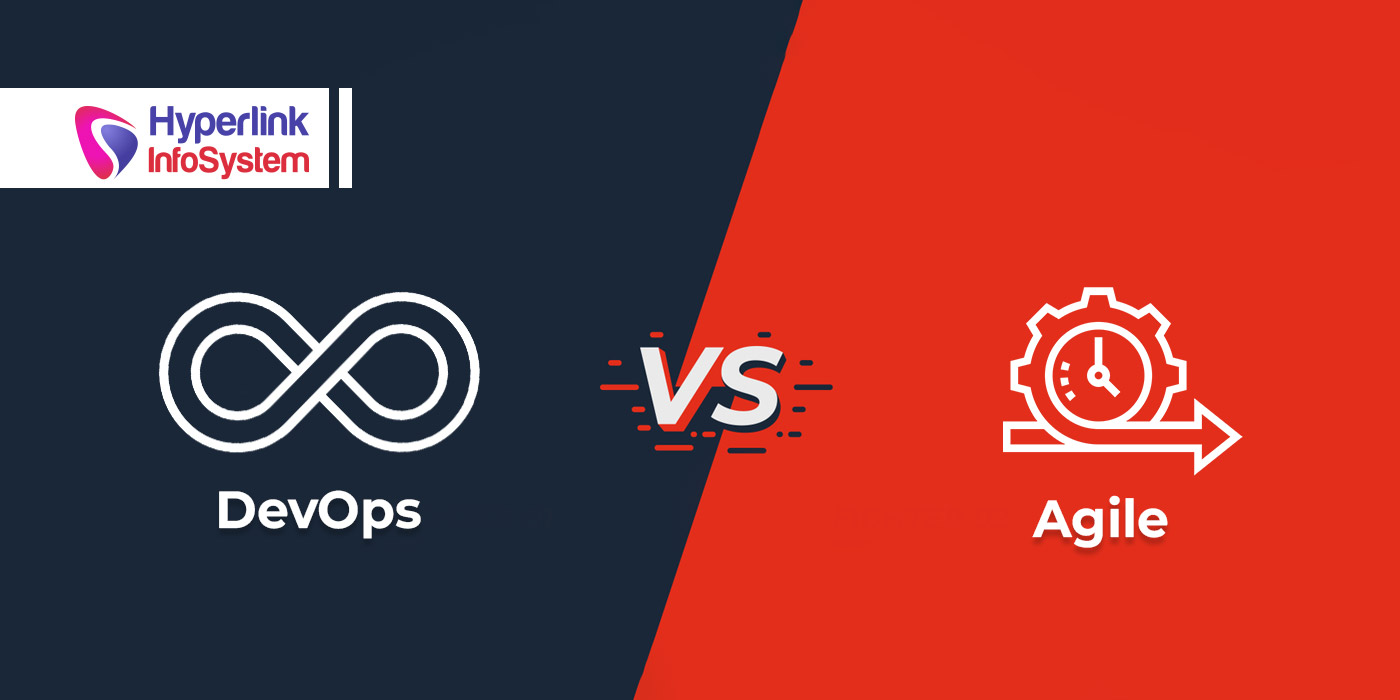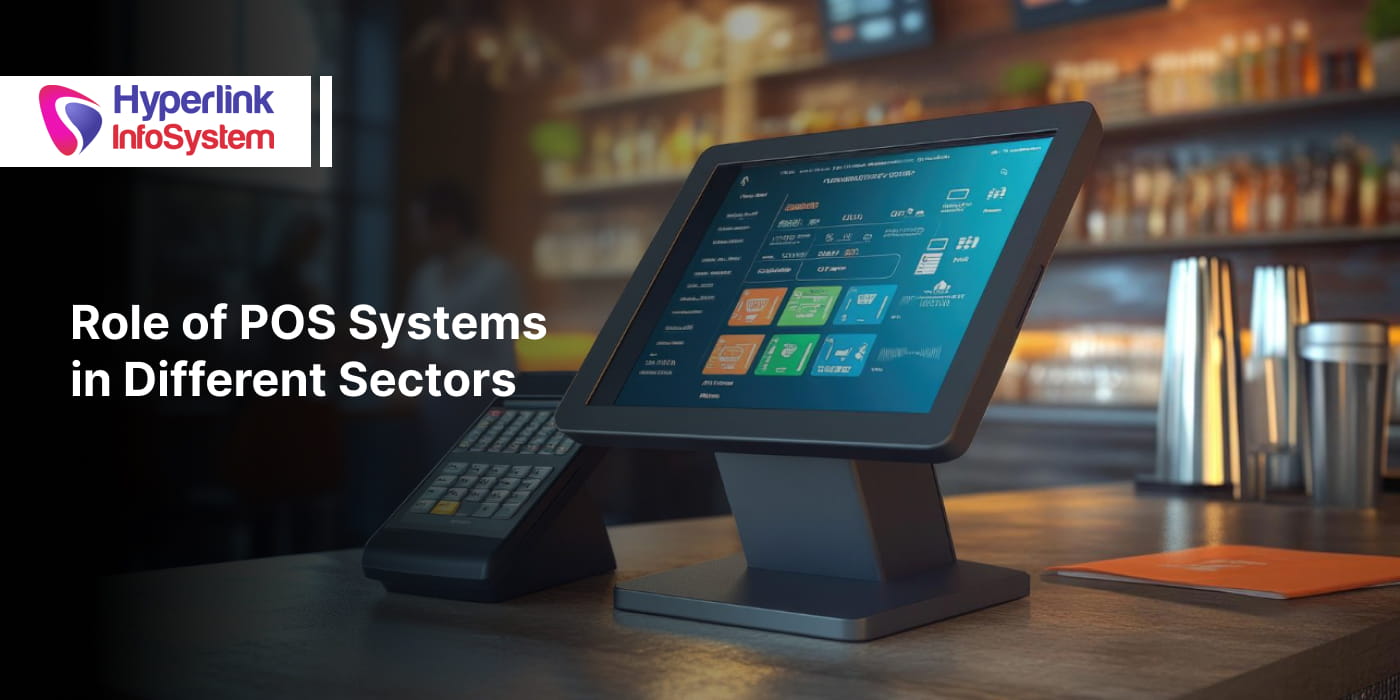Various businesses are always confused about which one is the best? Which one should provide them with better outcomes? Some businesses claim that DevOps is better than Agile while others prefer agile. But the ones who haven't chosen any of them are still in the middle of them about which one should be the best for them. Let's get the answer for them, understanding the basic differences between DevOps and Agile methodologies.
What Is DevOps?
A software development method that consistently adjusts improvement and IT operations of the businesses to further develop efficiency and work with better cooperation between teams is known as
DevOps. DevOps is the combination of individuals, processes, practices,
DevOps tools, and innovation that empowers code deployment in a vigorous and automated way.
DevOps is a continuous course of building, testing, deploying, and monitoring, unlike customary software development practices which are one-time processes. The primary objective of DevOps is to appropriately constantly deploy quality programming. DevOps integration provides various advantages, for example, quicker, trustworthy, and handily incorporated deployments.
The standards of DevOps depend on six fundamental primary ideologies: consistent integration, continuous delivery, constant testing, constant deployment, persistent operations, and continuous collaboration. Consolidating two unmistakable offices and cycles Integration of two primary departments of businesses (development and operations) and uniting them prompts enhanced transparency and focus on testing automation.
According to the co-author of ‘The DevOps Handbook’, Jez Humble, DevOps can be simply defined using "CALMS" which stands for culture, automation, lean, measurement, and sharing.
-
Culture represents the social shift that happens in businesses when development and operation teams work as one.
-
Automation alludes to substituting manual operations with automation, which speeds up and offers better product quality.
-
Lean standards of constant improvement and testing are the inspiration for DevOps methodology.
-
Measuring is the method that involves checking results to enhance product quality.
-
Sharing alludes to bringing liability among the development and operations to proficiently analyze issues and track down an effective solution.
What Is Agile?
The method of
software development that conforms to the standards of the Agile Manifesto is known as the Agile methodology. It is an iterative way to deal with software development and project management that spotlights coordinated effort between cross-functional teams to acquire precise solutions, user feedback to enhance product quality, and meet the deadlines supporting the quick release.
Agile Development separates processes into more modest units called 'sprints' that ordinarily last from two weeks to a month. The core focus of Agile methodology is the regular deployment of each sprint and integrating them for conclusive testing. It very well may be carried out utilizing various tools, for example, Kanban board, Scrum, XP, Active Collab, and so on.
Key Resemblances Of DevOps and Agile Methodology
The high speed of innovative advancement and consistently developing user requests expect businesses to ceaselessly find more contemporary methodologies and solutions for issues. That being said, it becomes crucial for moderate fields, for example, IT software development to adjust to changes and new situations.
Agile methodologies were imagined out of the inadequacies of the waterfall methodologies that couldn't fulfill the needs of the advanced world. Likewise, DevOps finishes a forfeit part of the Agile method and makes it a stride ahead by deploying the product safely whenever it has been created, something that Agile practices don't care for. This makes it protected to express that there are huge similarities between the Agile and DevOps methodologies, as one is a smart progression of the other.
Prioritize Testing & Automation
Steadiness is the core priority of both DevOps and Agile methodologies. They do as such by effectively working in a quick, secure, and quality-surveyed environment. The two methodologies achieve this through the basic principle of testing on a regular basis. They are comparative in their convictions of depending on automation to deliver greater adaptability and security to the execution process.
A Tendency Toward Business Efficiency
Both DevOps and Agile work as a team toward accomplishing one shared objective for organizations - expanding efficiency. DevOps and Agile offer a comparable business-slanted approach. Executing the Agile method in the software development process gives teams an opportunity to focus on a solitary objective, passing on space for them to save time and be more useful. Then again, consolidating the DevOps methodologies prompts faster deliveries and deployment without hindering business processes.
Clears The Way For Strong Organizations
Despite the fact that DevOps and Agile might have a horde of contrasts, the two of them lay a gigantic measure of importance on building a cooperative working environment, where colleagues stay associated to share data, immediately identify issues, and resolve issues effectively and helpfully. There is an immense accentuation on cooperation among colleagues and users to turn out to be more useful, proficient, and receptive to change.
Draws Motivation From Lean Methods of Reasoning
DevOps and Agile offer a shared belief with regards to getting their methodologies from the Lean way of thinking. The Lean way of thinking helps both DevOps and Agile normalize their communication cycle and work with smooth cooperation among colleagues to establish a sound and useful workplace.
Conclusion
Both Agile and DevOps have their own advantages and disadvantages. Both are exceptionally dependable in their own particular manners, which is the reason joining them is ideal. The objective is to upgrade general efficiency. Subsequently, teams ought to have the option to exploit the two ways to deal with work quicker and all the more effectively.























